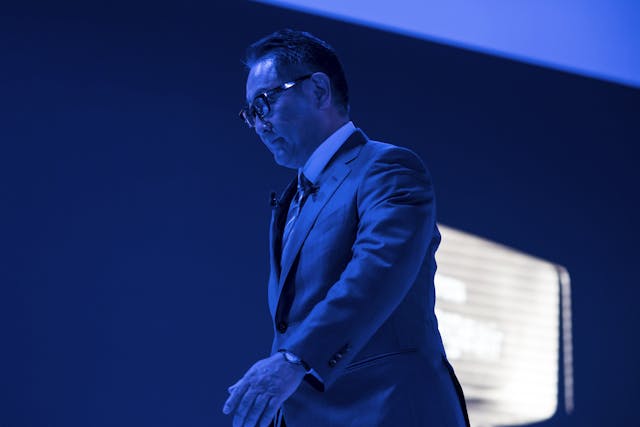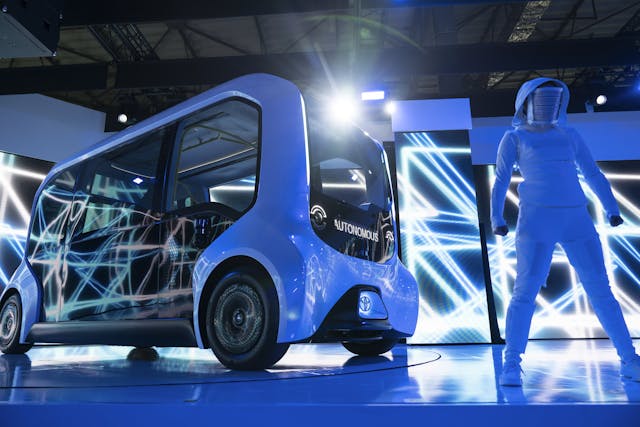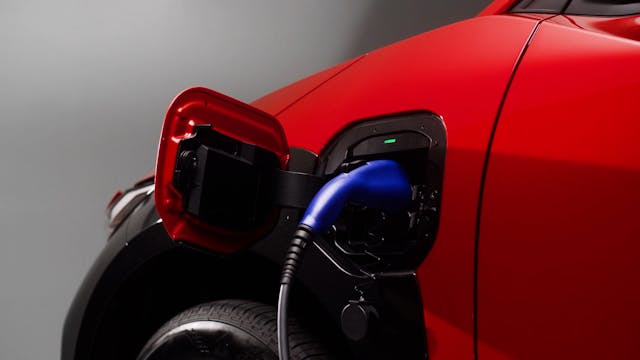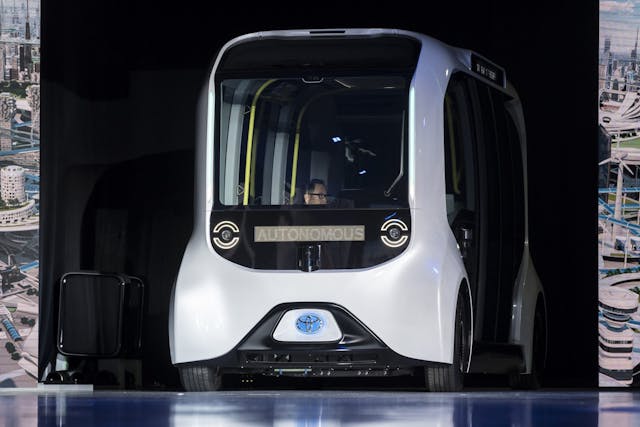Unlikely Skeptic: Japan Inc. expresses doubts about the all-electric future
Skeptics of the autonomous, battery-electric, carbon-free future heavily hawked by the auto industry have found an unlikely ally in the nation of Japan. Or, at least, in Akio Toyoda, the president of Toyota Motor Corp. Running the largest automaker in both Japan and the world, as well as serving as the current chairman of the Japan Automobile Manufacturers Association, Toyoda is a de facto spokesman for the industrial might of what westerners used to refer to with dread as Japan Inc.
In a wide-ranging press conference on September 9, 2021, Toyoda poked holes in the inevitability of autonomy and electrification as governments and industries move to decarbonize in the face of climate change. Toyoda said it was more important to focus on cutting emissions than on pie-in-the-sky goals of full electrification by arbitrary dates. “In pursuing carbon neutrality, carbon is our enemy, not the internal combustion engine,” said Toyoda. Rather than legislating full electrification by a set date, a costly and disruptive mandate, governments could achieve a quicker near-term reduction in CO2 by encouraging a variety of technologies, including gas-electric hybrids and hydrogen fuel cells, Toyoda said.

Toyoda also warned that EV mandates may destroy Japan’s export-oriented car industry, which employs 5.5 million people in Japan, exports half of its annual vehicle production of 10 million, and earns the nation roughly $136 billion in annual trade surplus. And after one of Toyota’s e-Palette autonomous buses bumped into a vision-impaired athlete at the Tokyo Paralympic Games, Toyoda—an avid race car driver—threw cold water on the technology: “I don’t think autonomous driving has reached the level of my driving technique yet. Currently, the level of autonomous driving is on par with good beginner drivers.”
Critics say Toyoda (and Toyota) is just trying to buy time because the company misread the winds in the industry and, after flushing billions on hydrogen fuel-cell vanity projects, is behind in developing rechargeable battery-electric vehicles. Indeed, Toyota has actively lobbied both in the U.S. and overseas to delay stricter emissions laws, and in 2019, it sided with the Trump administration in its battle with California over Obama-era fuel-economy standards. It was a fight that drove a wedge into the industry, with some automakers supporting California and others the administration.

To some extent, Toyoda’s position is highly Japan-centric. For starters, he was commenting shortly before a November national election in which some candidates were embracing full-electrification mandates. Also, hydrogen holds more appeal there because of constraints on electricity production due in part to Japan’s wholesale abandonment of nuclear power in the wake of the Fukushima disaster.
And, at a broader level, Japan Inc.’s caution may be a side effect of its worrying demographics. Japan has a low birth rate and an aging population; some estimates predict the island nation of 126 million will shrink by about 800,000 people a year between now and 2050. The original Asian Tiger once admired and feared for the technical prowess of native firms such as Toyota, Sony, Hitachi, NEC, and Mitsubishi has been displaced by fiercer (and younger) competitors in neighboring China, South Korea, and Taiwan. After Japan’s bubble economy burst in the early 1990s, it seemed to slip into a decades-long funk that sapped much of its pioneering momentum. Japan produced half of the world’s semiconductors in 1988; today, it produces fewer than 10 percent.

Still, there are some who echo at least part of Toyoda’s argument. The peer-reviewed journal Environmental Research Letters published a paper in June proposing government subsidies for gas-electric hybrids rather than costlier EVs as a quicker way to achieve net emissions cuts. The authors agreed with Toyoda that the goal of governments shouldn’t be to simply get citizens to buy electric cars but to reduce emissions, and hybrids are a faster and more affordable path given the current costs and technology.
Last month, of course, Toyota did introduce electric concept cars and announce plans for 30 EVs by 2030, including an LFA successor and an MR2-sized sports car. But even amid this apparent onslaught, one still suspects Toyoda’s personal perspective hasn’t dramatically evolved in such a short time span. In an industry prone to crowd-following and overly optimistic predictions, only time will tell if Toyoda’s contrarian views are tragically misguided, blatantly self-serving, or, indeed, shrewdly prescient.


